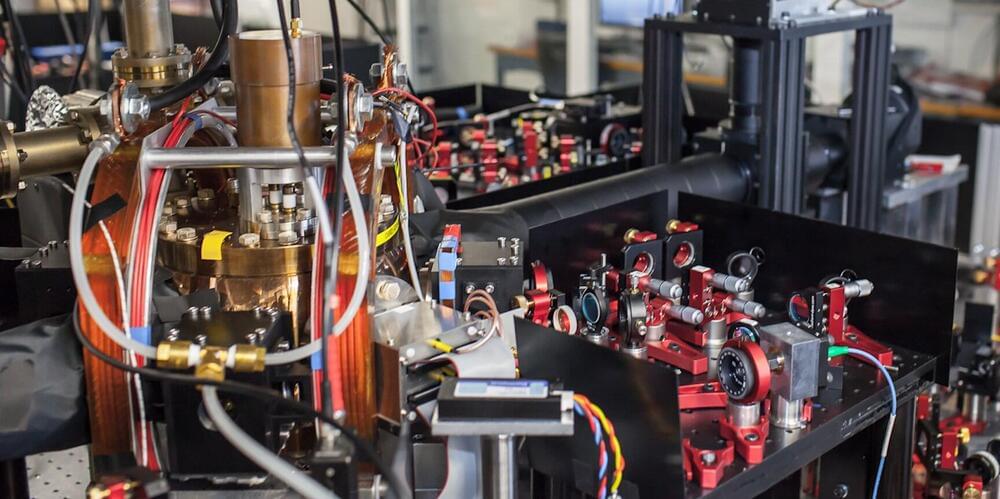ETH physicists have modified one of the major schemes for quantum error correction and put it into practice, demonstrating that they can substantially prolong the lifetime of quantum states—a crucial ingredient for future large-scale quantum computers.
In modern computing devices, literally billions of transistors work restlessly in almost perfect harmony. The keys to producing near-perfect computation from devices made from imperfect components are the use of digitisation and error correction, with the latter encompassing procedures to detect and rectify inaccuracies as they occur. The challenge of preventing errors from accumulating is one that future quantum computers have to face as well—in fact it forms the main barrier to realizing useful computations. Alas, the tools that have been perfected for classical computers cannot be applied directly to quantum computers, which play by another set of rules, those of quantum mechanics. Ingenious solutions for quantum error correction have been proposed over the past couple of decades, and recently there has been encouraging progress towards implementing such methods in state-of-the-art quantum computers. Writing in Nature Physics, the group of Prof.
